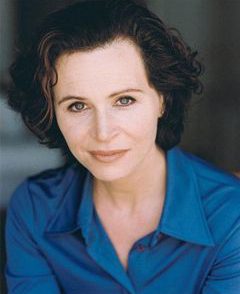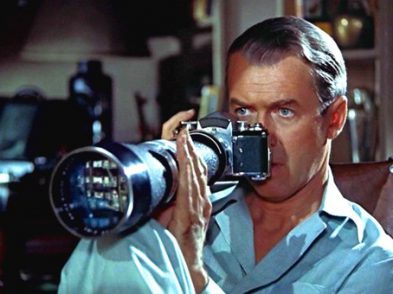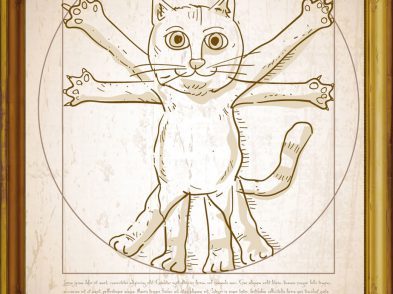‘Theatre is a powerful and unique art form because its essential nature is based on gathering people together to tell stories, hear them, see them and feel them. The stories we feel most deeply are the ones that explore our collective history. They question and expose the human condition and often celebrate the connecting points between us’, says the Florence International Theatre Company’s co-artistic director Bari Hochwald, in reference to FITC’s newest project. A unique mix of drama and history, the project foresees an annual program that recognizes theatre as a vital way to keep the conversation of Holocaust events alive for all members of the community and spark their participation in Il Giorno della Memoria.
FITC begins this journey in association with the Jewish community of Florence and will be creating an entire afternoon dedicated to creativity, education and community on February 11th. ‘We cannot forget the Holocaust because it was both beyond imagination and within the depth of human capacity’, says Hochwald. ‘That is why my co-artistic director, Aaron Craig, and I are committed to finding a way to develop this project. We are looking forward to Dominique Cieri’s assistance in creating the event in the most comprehensive way possible’.
Dominique Cieri, New Jersey Playwright Fellow and educational consultant for FITC, has been a key player in making the company’s goals a reality. Co-author of the book From the Attic, to the Classroom to the Stage-The Holocaust, Cieri has spent the last 10 years using her love of theatre and her passion for telling deep human truths to enhance the program of Holocaust Studies at Yavneh Academy in New Jersey. Each year she works with 13-year-old students to adapt a non-fiction work into drama and present the play to the community. And each year, Cieri begins the journey of reacquainting herself with the horrors of the Shoah, the power of faith and human beings’ capacity to become villains, survivors or heroes in the face of unimaginable odds.
‘There are many ways to learn’, Cieri says. ‘I believe that Yavneh’s Holocaust Studies program is one of the best available because it goes beyond academia, enhancing learning through the arts. The Holocaust play is a vital aspect of the synthesis of knowledge and a kinetic experience which translates into a performance by very real people. Each year, my eighth grade class steps into the shoes of men and women like Krystyna Chiger, who as a child went into the sewers of L’vov with her family, where they sought refuge for 14 months. This is the unique and meaningful process of history coming to life through drama’.
At 3pm on February 11, audiences can witness the experience of Krystyna Chiger in Sewers of L’vov. The play was written by the students at Yavneh, under the guidance of Cieri and will be performed by community members and FITC artists here in Florence. Involving over 40 people, 10–70 years of age, expatriate and Italian, as well as international students, the play will be performed in both English and Italian. The drama with be followed by a reception, and the event will conclude with a panel of leading educators discussing the importance of studying the Holocaust today. In this way, the artistic directors of FITC hope that this event will be a launching pad for creating original plays throughout the years, utilizing Cieri’s model, with the children of Florence in order to tell the stories that unfolded in Tuscany during that historical period.
‘This use of theatre as a tool for education helps it become a shared community event which examines the very human intricacies of choice and action that occurred during the Holocaust. It is an opportunity for everyone—performers and audience members alike—to confront their own feelings, opinions and beliefs about this particular human tragedy not only as a history but also as a continual cycle that occurs and reoccurs each day on this planet’.
Sala Sadun, Synagogue of Florence
via L.C. Farini, 4
3pm staged reading; 5pm reception; 5:30pm panel discussion
Entry is free, but seating is ex–tremely limited and reservations are strongly recommended.
For reservations and further information: info@florencetheatre.com or 055 239 9949.





